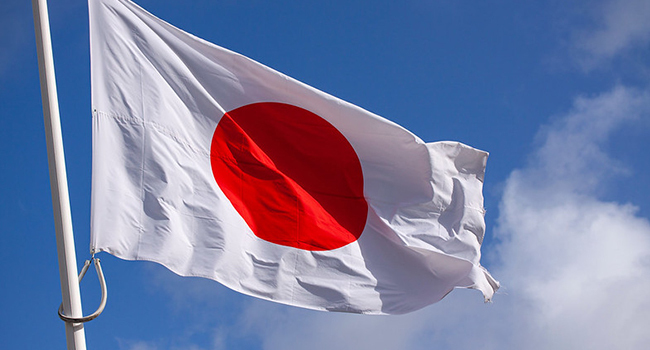By Lucy Adautin
New Japanese laws facilitating the deportation of unsuccessful asylum seekers took effect on Monday, sparking concerns among activists who argue that the revised system could endanger lives.
Japan, ranked as the world’s fourth-largest economy, has faced persistent criticism for its limited acceptance of asylum applications. In the previous year, the country granted refugee status to a mere 303 individuals, primarily hailing from Afghanistan.
Under the newly enacted immigration law amendments, the government now possesses the authority to deport asylum seekers who have been denied refugee status three times.
Previously, individuals seeking refugee status could remain in Japan while appealing decisions, irrespective of the number of rejections they faced.
The revised law is “meant to swiftly deport those without permission to stay, and help reduce long-term detentions”, justice minister Ryuji Koizumi said in May.
READ ALSO: Benin Considers Citizenship For Descendants Of Enslaved Africans
“Those who need protection will be protected, while those who violate the rules will be dealt with sternly,” he added.
Critics have raised concerns over the transparency of Japan’s screening process, warning that the new rules could heighten the risk of applicants facing persecution after repatriation.
“We’re strongly concerned that the enforcement of this law will allow refugees who have fled to Japan to be deported, and endanger their lives and safety,” the Japan Association for Refugees said on social media platform X.
The group called for a “fair” system to be established instead that “protects asylum seekers in Japan according to the international standards”.
In May, Japan provided shelter to over 2,000 Ukrainians under a distinctive arrangement labeling them as “evacuees.”



































